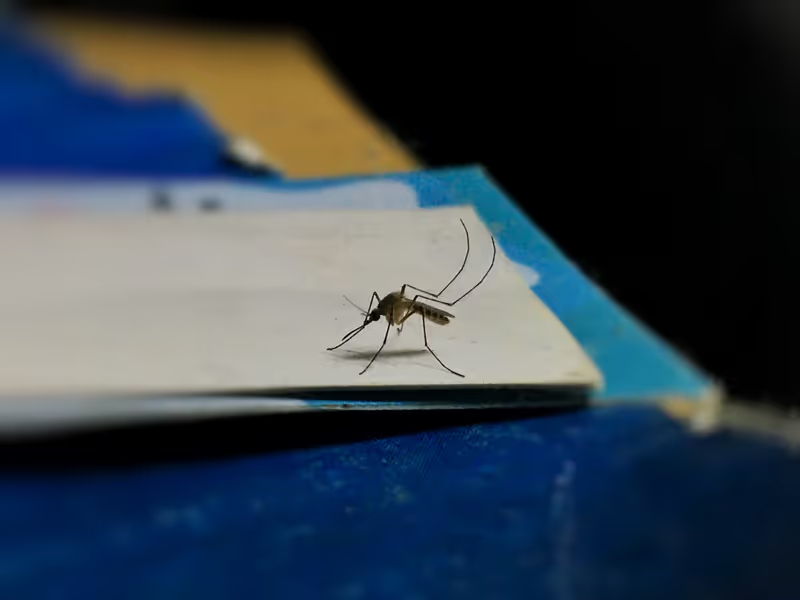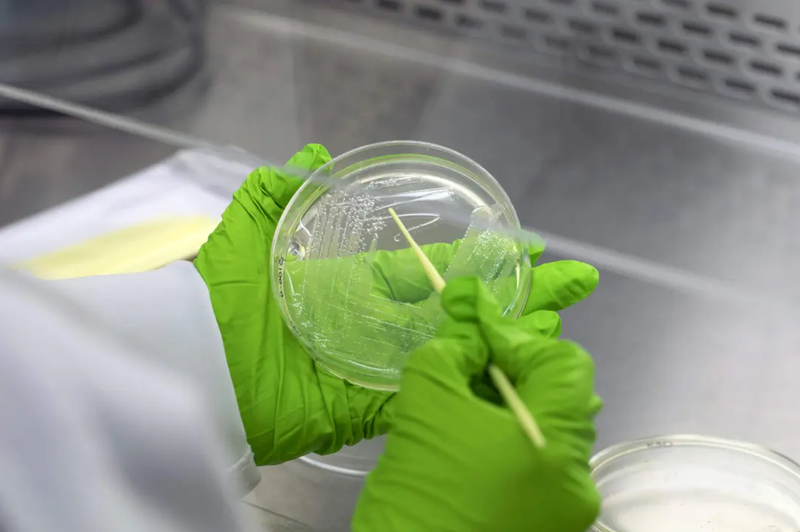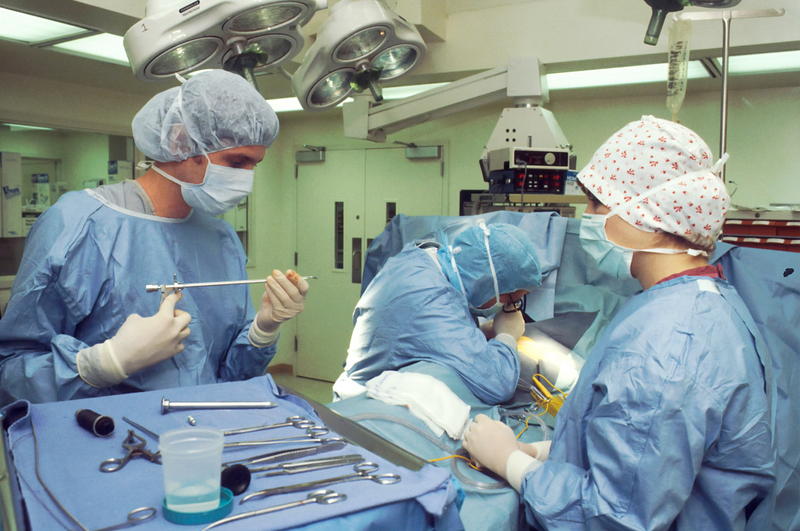UK Trial of Lab Grown Red Blood Cells Begins
A UK research project conducted by teams from Bristol, Cambridge, London, and NHS Blood and Transplant has begun transfusing lab-made red blood cells in humans, the world's first-ever such clinical trial.

Facts
- A UK research project conducted by teams from Bristol, Cambridge, London, and NHS Blood and Transplant has begun transfusing lab-made red blood cells in humans, the world's first-ever such clinical trial.
- The blood is manufactured from donated adult stem cells that are placed in a nutrient solution for 18-21 days, which encourages the cells to multiply and develop into mature cells. About 24 liters of the solution is needed to manufacture one to two tablespoons of red blood cells.
- The lab-grown cells will be compared to standard cells from the same donors, with doctors expecting the former ones to last longer. If successful, patients who regularly need blood won't require transfusions as often.
- The reason for this expectation is that blood donations usually contain a mix of old and new red blood cells, which have a lifespan of around 120 days. As the manufactured cells are all freshly made, they should, in theory, last the full 120 days.
- Stem cell-based transfusions could also become a lifeline for patients with advanced cancer or sickle cell disease who currently require blood from multiple donors, which risks a negative reaction to one of them and subsequent intolerance to all the blood from that group.
- The next phase of the study will consist of giving 10 people two separate transfusions four months apart, one from a standard blood donation and one from the lab-grown cells.
Sources: BBC News, Guardian, Independent, Daily Mail, and Mirror.
Narratives
- Narrative A, as provided by Inside Science. Positive news in the field of rare diseases should always be celebrated, but we shouldn't ignore the proven risks that come along with these types of trials. Though not always, the pursuit of artificial blood has led to increased heart attacks, and extra caution should be taken when dealing with such sensitive and unknown medical practices.
- Narrative B, as provided by Telegraph. Though further research is needed, this study should bring hope to patients who have long dealt with multiple annual transfusions. This is also groundbreaking work in the pursuit of better treatment for those with rare blood types and diseases.






